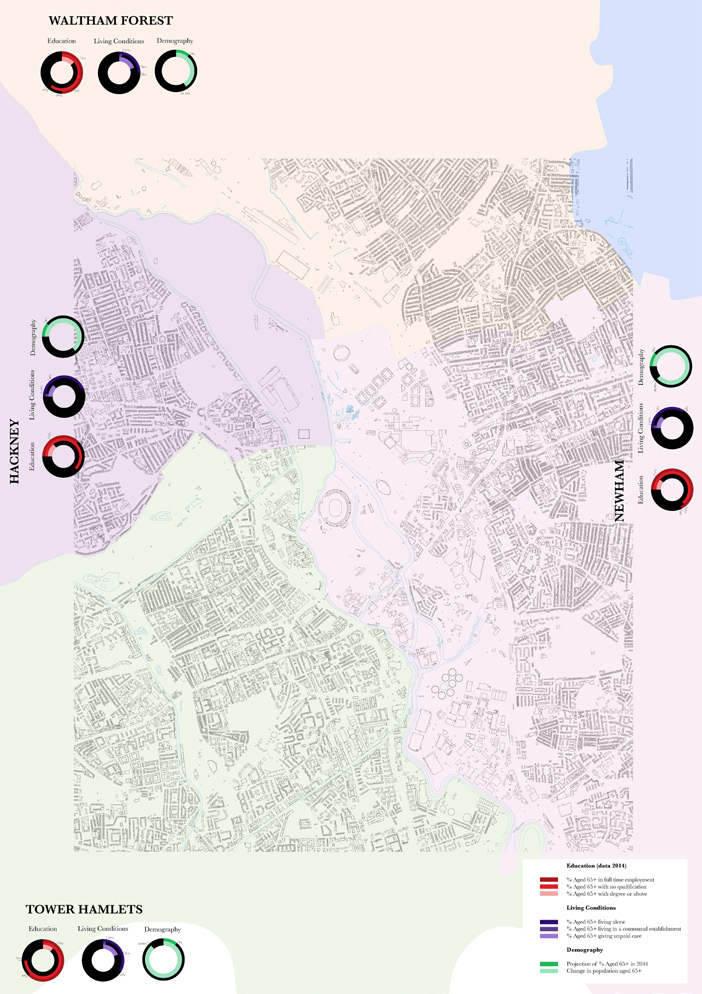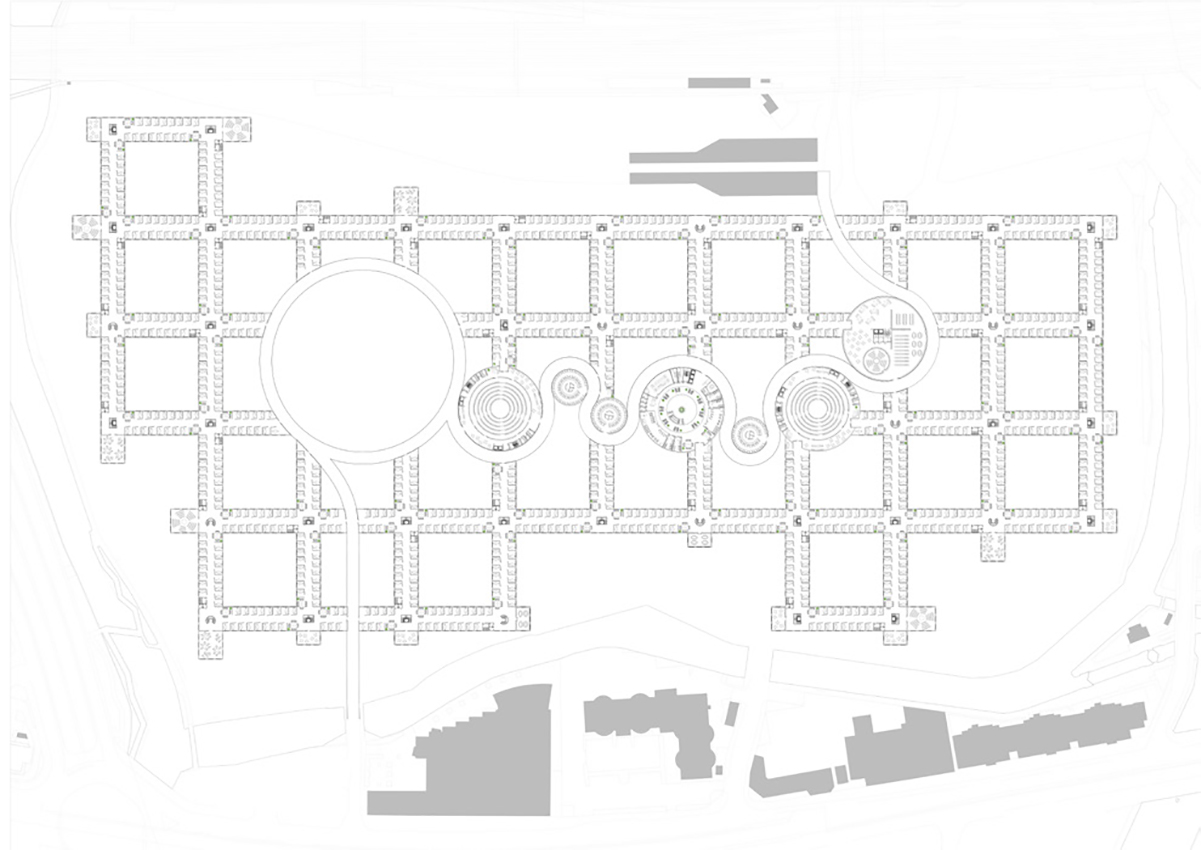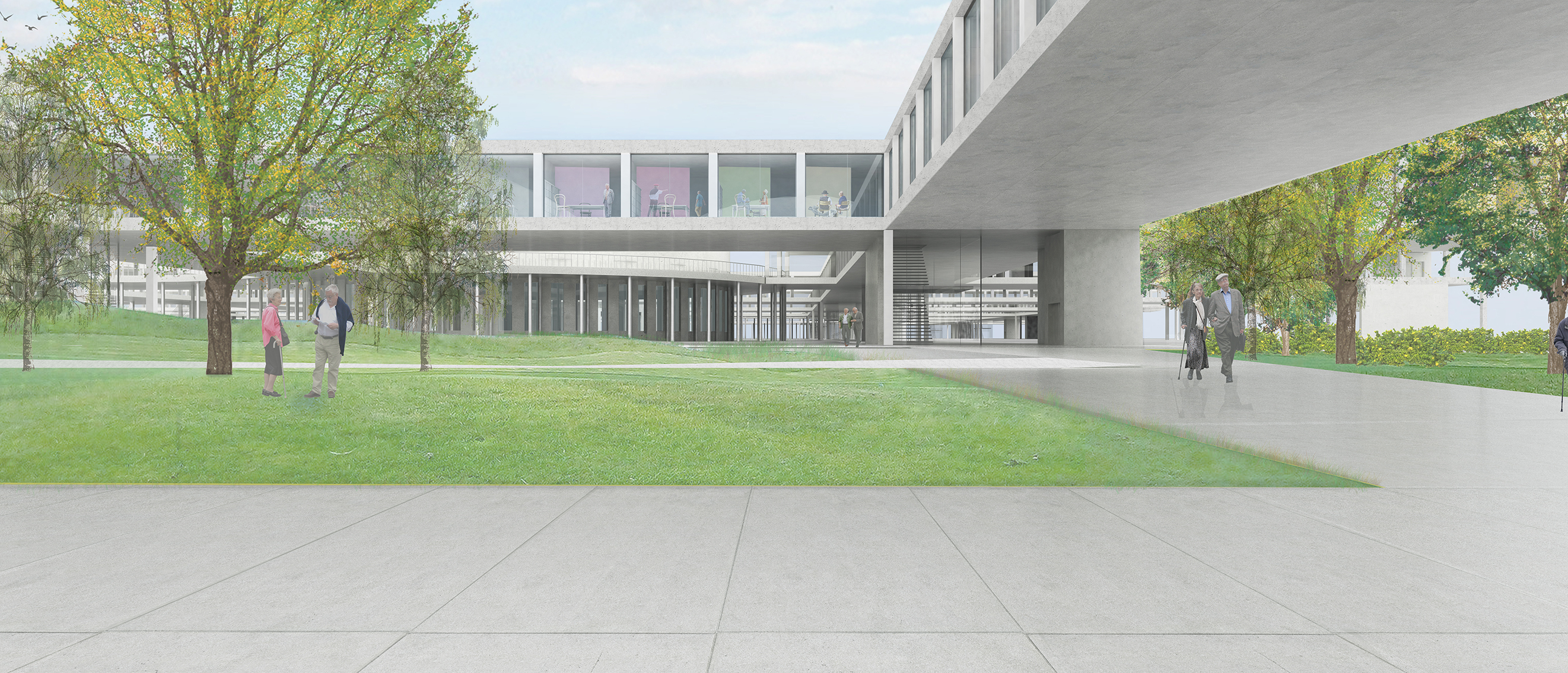2016 - 2017
Units, Scales and Measures
-
Ludovica Gilio (2nd Year)
Lessons Learned





Our
society is organised around a highly stratified generational model. The first eighteen
years of our lives are protected and recognised at an institutional level and
are seen as a time to prepare for our most productive years. Unsettled by
seismic demographic shifts, this institutionalised image of a three-stage life
course is transitioning into a more varied one where categories like work,
education and leisure are atomised and dispersed through the life course.
Lesson Learned rethinks what lifelong learning could mean. It proposes a new
form of learning economy based on knowledge transfer rather than knowledge
output. This new model engages with the abundance of under-utilised knowledge
possessed by the ageing population and interrogates the spatial transformations
that this shift may prompt. Could a different form of knowledge economy
redefine the school typology?
---
Find out more about this theme with Ludo’s research article ->
---
Find out more about this theme with Ludo’s research article ->